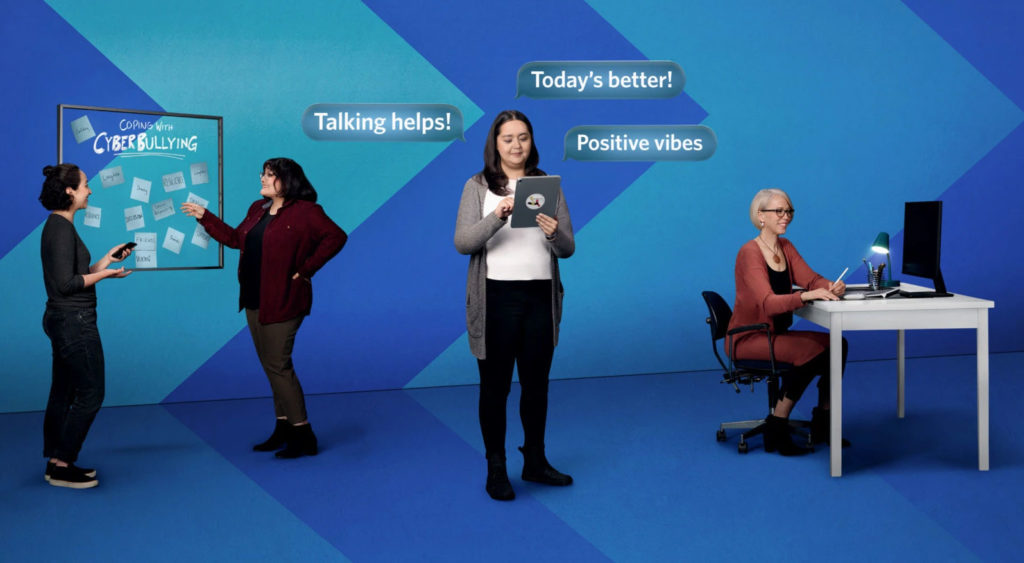
Dr. Johanna Sam’s team at UBC is listening to the experiences of diverse youth to help them develop coping strategies for cyberbullying
While young people may not use the term “cyberbullying”, they sure know when somebody is mean to them online. That can take different forms, from having an unwanted photo of them shared on social media to being excluded from a group chat. They could be targeted by a spam social media account or have their account used to spam others.
Researchers know that cyberbullying impacts youth mental health and can lead to anxiety, depression and substance use. But they don’t know if Indigenous youth are being targeted differently than other youth—through hate speech or online discrimination, for example. They also don’t know how best to help them cope. “That’s what we’re trying to figure out,” says Dr. Johanna Sam, an assistant professor in UBC’s Faculty of Education and a citizen of the Tŝilhqot’in Nation. “Because Indigenous youth have been excluded from this research, we know very little.”
Dr. Sam and her team are working to bridge the diversity gap in educational and developmental psychology research. By doing so, they can help communities, schools and parents better target mental health supports and develop programs and policies to promote healthy device use.
Read the full article on Beyond.
Through Strategy 16: Public Relevance, UBC is working to align our efforts more closely with priority issues in British Columbia and beyond, through dialogue and knowledge exchange.